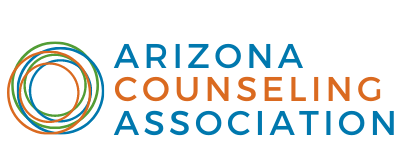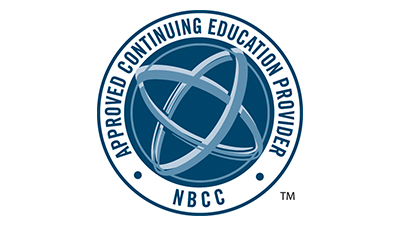
Re-Thinking Sexual Addiction: How Does One Reach Out of Control Sexual Behavior and How Does One Treat It?
- Registration Closed
Sexual Addiction has become major treatment concern during the past decade. Not only are more practitioners diagnosing more individuals with the diagnosis that never made it to the DSM-5, but also, the label has become a major business in the United States. This session will allow participants to understand the primary concerns (diagnosis) that lead to out of control sexual behavior and will take away the treatment planning that will help those struggling with this issue. Through an empirical and evidenced based approach, the presenters will re-define sexual and pornography addiction and educate participates on why "sexual addiction" or "hyper sexual disorder" never made it to DSM-5. Participants will also gain a deeper understanding on the co-morbid diagnosis that are in fact the primary concerns needing to be treated. Participants will become educated on why treatment of sexual addiction has become such big business in the US with treatments for 11 days of Intensive Outpatient Programs averaging around $35,000, and insurance not covering any of the cost. Participants will also be provided additional resources for training and treatment of individuals, couples, and recovery from infidelity.
Dean Aslinia, PhD, LPC-S, NCC, is the program chair for the CACREP Accredited Fully Face-to-Face Community Mental Health Counseling Program of the University of Phoenix. He is a Licensed Professional Counselor and Board Approved Supervisor in the State of Texas as well as a National Certified Counselor. Dr. Dean's educational background includes a bachelors and first masters in Psychology and a second masters and doctorate in Counseling. His Ph.D. specialization was in marriage and family counseling and after completing his degree and several years of clinical work, pursued his American Association of Sexuality Educators, Counselors, and Therapists and became a AASECT Certified Sex Therapist.
This program offers 1 NBCC hour.

Arizona Counseling Association has been approved by NBCC as an Approved Continuing Education Provider, ACEP No. 2003. Programs that do not qualify for NBCC credit are clearly identified. Arizona Counseling Association is solely responsible for all aspects of the programs.